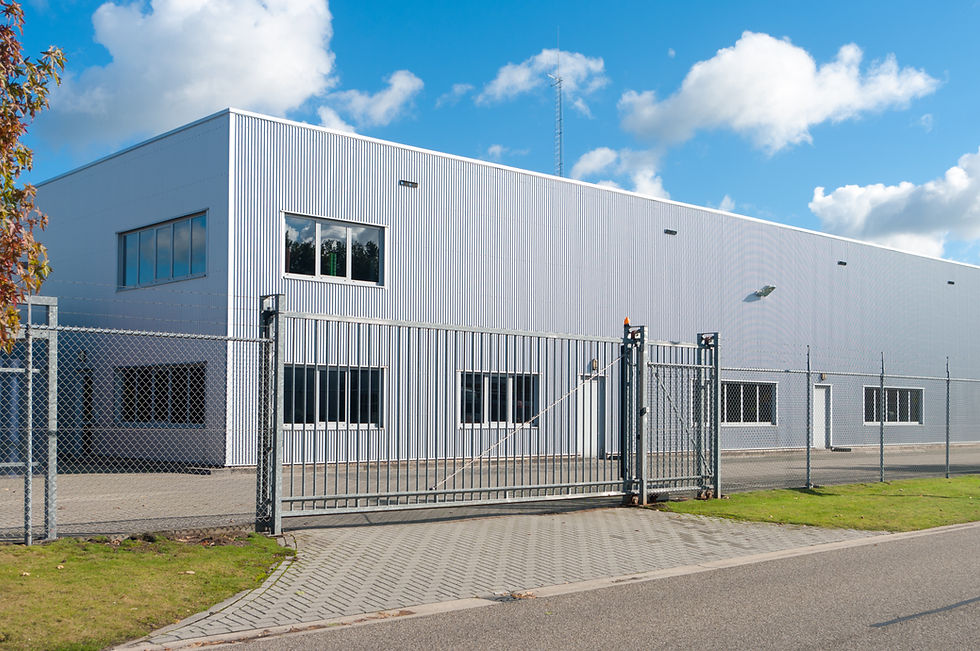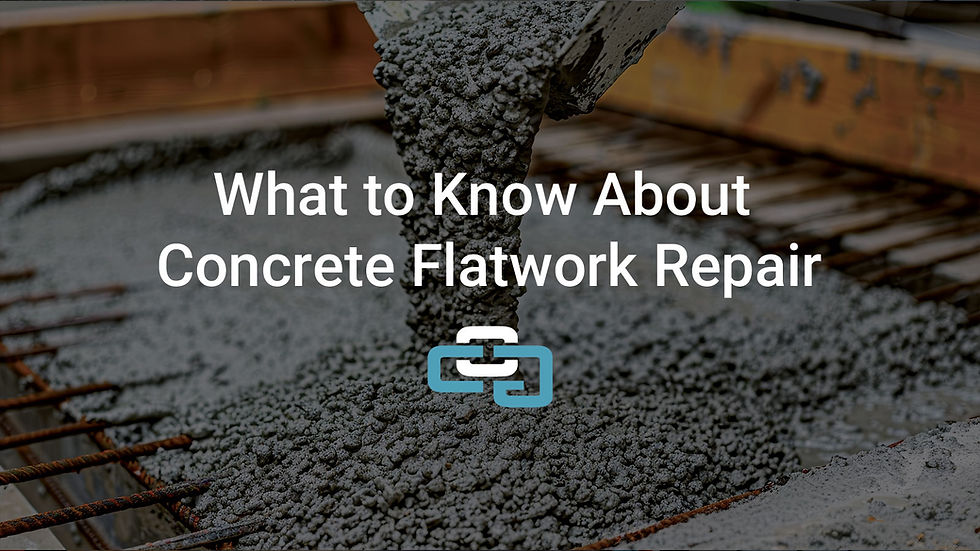Choosing the Right Industrial Fencing Contractors in Michigan: A Complete Guide for Facility Managers
- j-rowland
- Sep 17, 2025
- 4 min read
When managing a commercial or industrial property, one of the most important—yet often overlooked—factors is security and safety infrastructure. From protecting valuable equipment to ensuring compliance with safety regulations, the right fencing system plays a critical role in keeping operations running smoothly.
Unfortunately, many Michigan facility managers only start thinking about fencing solutions after a problem arises, such as theft, unauthorized access, or workplace injuries caused by inadequate barriers.
The good news is that with the right industrial fencing contractor, these risks can be prevented. This guide will help you understand what to look for in a contractor, the types of fencing available, and how to make a smart investment that benefits your facility long-term.
Why Industrial Fencing Matters
Industrial fencing isn’t just about setting boundaries—it’s about protecting your people, assets, and operations. For Michigan-based facilities, fencing also needs to stand up to local weather conditions like heavy snow, ice, and seasonal temperature swings.
Properly installed fencing can solve a variety of challenges:
Security: Prevent theft and vandalism by controlling access to sensitive areas.
Safety: Keep employees and visitors away from hazardous machinery or materials.
Organization: Define traffic flow for vehicles, forklifts, and foot traffic.
Compliance: Meet OSHA and other safety regulations by creating designated zones.
When fencing is poorly designed or installed, it can lead to costly problems, including equipment damage, production delays, and liability issues.

Common Types of Industrial Fencing and Their Uses
Not all fencing systems are created equal. The right solution depends on your facility’s unique layout and challenges. Here are some of the most common types of industrial fencing used across Michigan:
Security Cages
Enclosed cages are ideal for safeguarding expensive equipment, hazardous materials, or inventory.
Best for: Warehouses, utilities, and manufacturing facilities that need restricted-access areas.
Windscreens
These provide privacy and reduce wind interference, protecting outdoor workspaces or storage areas.
Best for: Construction sites, utility yards, and areas with frequent high winds.
Guard Rails & Barriers
Heavy-duty guard rails prevent vehicles, forklifts, or carts from entering restricted or hazardous zones.
Best for: High-traffic industrial environments and loading docks.
Safety Rails & Handrails
Protect employees from falls and ensure compliance with local building and safety codes.
Best for: Walkways, mezzanines, and elevated platforms.
When working with a contractor, it’s essential to discuss both your current needs and future growth plans to ensure the fencing solution remains functional as your operations evolve.
Key Qualities to Look for in Industrial Fencing Contractors in Michigan
Hiring the right contractor is just as important as selecting the right materials. Here’s what facility managers should consider when evaluating potential partners:
Proven Local Experience
Michigan’s harsh winters and unique regulatory requirements make it vital to work with a contractor familiar with local conditions. Ask for case studies or references from other Michigan-based projects.
Customization Capabilities
No two facilities are alike. The best contractors can custom fabricate fencing and barriers to fit your exact specifications, rather than offering cookie-cutter solutions.
Safety and Compliance Knowledge
Your fencing system must meet OSHA, ADA, and other safety regulations. A knowledgeable contractor will design and install solutions that ensure compliance from day one.
Reliable Project Management
Delays can disrupt your operations. Look for a contractor with a proven track record of on-time project delivery and clear communication throughout the process.
Post-Installation Support
Maintenance and repairs are inevitable. A reliable contractor offers ongoing support and inspections to keep your fencing in top condition.

Questions to Ask Before Hiring
Before signing a contract, ask these questions to ensure you’re making an informed decision:
What similar projects have you completed in Michigan?
Do you offer in-house fabrication or subcontract your work?
How do you ensure compliance with local safety and building codes?
What is your typical project timeline for installations like mine?
Do you provide ongoing maintenance or emergency repair services?
These questions will help you evaluate the contractor’s expertise and determine whether they are the right fit for your needs.
The Cost of Industrial Fencing: What to Expect
Pricing for industrial fencing projects varies widely depending on factors like:
Material type: Steel, aluminum, and specialty materials each have different costs.
Customization level: Custom-fabricated fencing requires more time and expertise.
Site preparation: Uneven terrain or underground utilities can increase labor costs.
Project size: Larger facilities naturally require more materials and time.
While it can be tempting to go with the lowest bid, remember that quality and durability directly affect your long-term costs. Cheap fencing often leads to frequent repairs or replacements, which can end up costing more over time.
How Fencing Supports Operational Efficiency
Well-designed fencing does more than prevent problems—it actively improves operations. Here’s how:
Streamlined traffic flow: Clear boundaries for vehicles and foot traffic reduce accidents.
Inventory control: Cages and restricted-access zones prevent loss or tampering.
Employee safety: Guard rails and handrails create a safer work environment.
Regulatory peace of mind: Properly installed systems eliminate compliance headaches.
By investing in quality fencing, facility managers can reduce stress, protect their teams, and focus on productivity.
Why OCG Companies is a Trusted Partner for Michigan Facilities
For over 25 years, OCG Companies has been helping commercial and industrial clients across Michigan create safer, more efficient workspaces. Our in-house fabrication team builds custom fencing solutions designed to meet your exact needs, from windscreens to guard rails and safety barriers.
We understand the unique challenges faced by Michigan facilities, and our experienced team ensures every installation is durable, compliant, and built to last.
Conclusion: Secure Your Facility Before Problems Arise
Industrial fencing is a critical investment for any commercial or industrial facility in Michigan. By choosing the right contractor and the right system, you can prevent theft, protect employees, and ensure smooth day-to-day operations.
Take the time to evaluate contractors carefully, ask the right questions, and prioritize long-term value over upfront savings. When done right, your fencing will provide security and peace of mind for years to come.




Comments